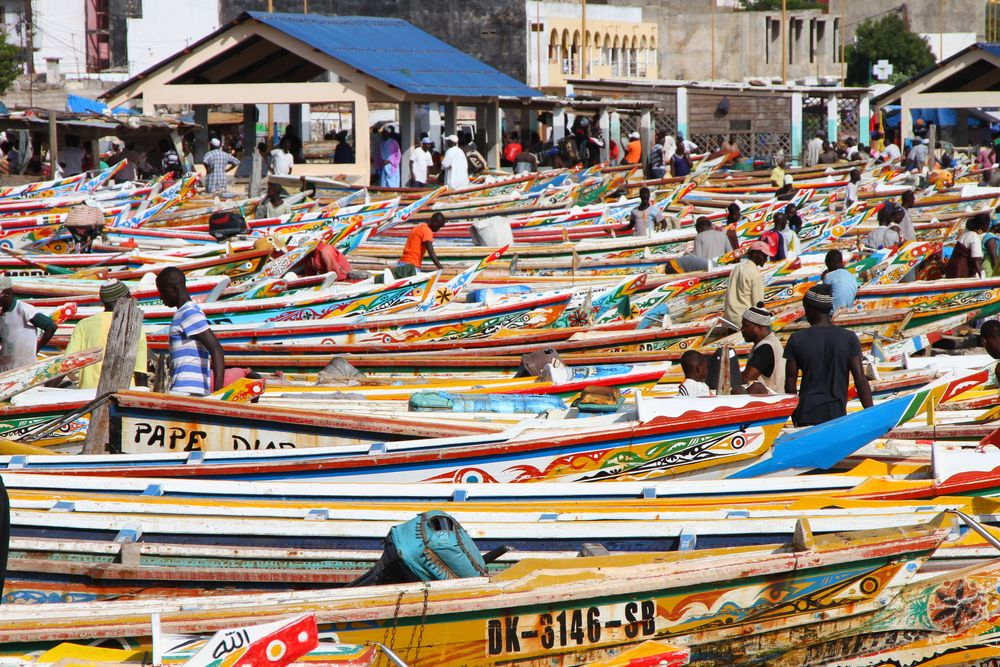A look at Francophone Africa's tech ecosystem

By Fanny Dauchez - head of business development and regional alliances of Central and West Africa at Seedstars World
The French-speaking countries of Africa experienced an economic growth rate of 3.2 per cent in 2017 according to the World Bank’s Global Economic Prospects report, higher than the rest of the continent which saw a 2.1 per cent growth rate.
With its large youth population, Côte d’Ivoire, Senegal and Guinea were some of the fastest growing economies in Africa. In fact, Francophone Africa is the youngest sub-region in the world, with the median age of Mali and Senegal median at 16 and 18, respectively.
In parallel to these economic and demographic growths, the mobile penetration rate – which is still lagging when compared to the English-speaking countries – is growing.
In this fast-paced environment, what are the challenges and opportunities in the tech ecosystem of Francophone Africa?
Culture: Mindset and Community
If there are significant differences between all the countries, the Seedstars Index (SSI) - which measures the quality, potential and maturity of the startup ecosystem visited by the Seedstars team in emerging markets - generally gives a poor rating to the entrepreneurial culture of the French-speaking countries.
“It is not well perceived to launch your own company. The best students are more attracted by institutional jobs. The titles are still very important,” says Maiga Geth, an entrepreneur in Côte d’Ivoire
A positive indicator is the number of tech-enablers, which is growing significantly. Even in ecosystems which are young such as Kinshasa in the Democratic Republic of Congo, ambitious players are emerging (for example Ingenious City, an incubation platform launched in May 2018 in Kinshasa.)
Interesting to note is the increasing link with European and especially French ecosystems, via programmes such as Afric’Innov, a community of incubators, launched by Agence Française de Developement. In addition, major international and Pan-African initiatives are settling in French-speaking countries, creating links with English-speaking ones (for example MEST, Impact Hub, Orange Corners or Seedstars).
Collaboration between all the former and new actors will be the key.
The success stories are coming! If we often hear that there is a lack of successful entrepreneurs in the region, some startups have already proven that French-speaking countries can host significant growth. Gifted Mom in Cameroon, Coin Afrique and Intouch in Senegal or CinetPay in Côte d’ivoire are just a few examples.
A Business-Friendly Environment?
While the situation is not often ideal in term of the business environment, key progress has been made by some of the countries such as Côte d’Ivoire (rising up from 167th in 2012 in the World Bank’s Ease of Doing Business Ranking to 122th in 2019) or Benin (from 175th to 153 in 2019).
Some governments are taking into account the challenges faced by entrepreneurs. For example, the Ivorian government has developed a Schéma Directeur National to support the TIC, the telecoms regulatory, to simplify the creation of tech companies (Horizon 2020). In Senegal a startup fund of $50 million, the DER, aims to catalyse entrepreneurship all around the country.
In term of internet connection, there are significant improvements. For instance, in May 2018, the government of Niger Republic awarded the country's first 4G license to Airtel Niger.
Opportunities Knocking
According to Partech, in 2017, Francophone African countries represented 14 per cent of the total transactions (16 deals) and 10 per cent of the total funding in Africa (US$ 55.5 Million).
Investors like Partech and ODV have decided to set up in French-speaking countries, bringing them closer to these ecosystems. The private equity fund Africinvest, which has several offices in African French-speaking countries, announced a venture capital fund targeting startups on the continent.
An initiative such as L’Afrique XL, backed by the World Bank, focuses on French-speaking countries, is interesting to create investment-ready startups. This programme will be mainly in French. Indeed, the language itself is often mentioned as an obstacle since most of the available online content to train entrepreneurs is in English.
But with all these initiatives and a young population, Francophone African countries are finally countries to consider, as entrepreneurs or investors.


